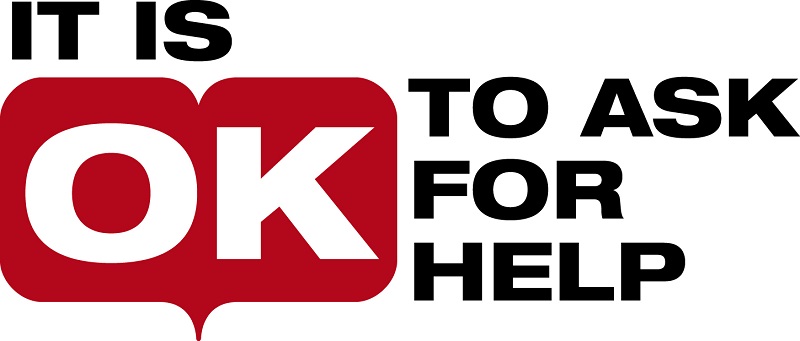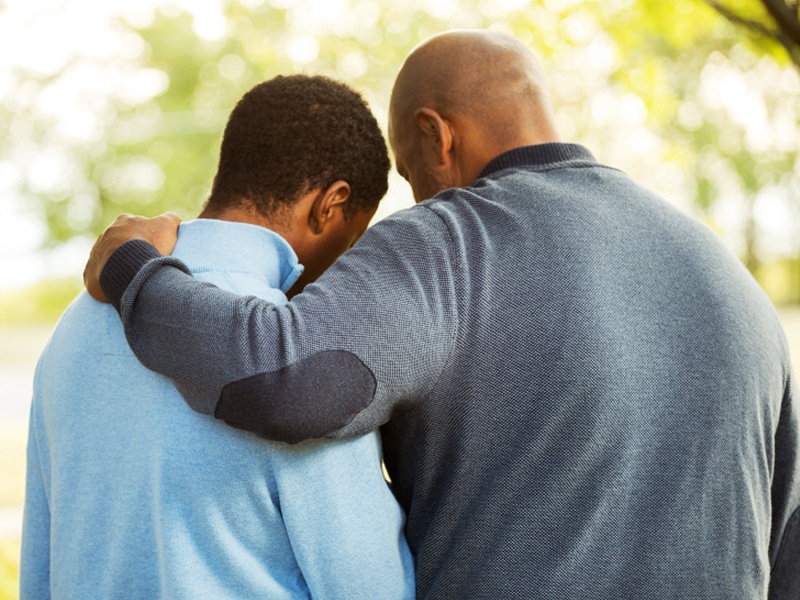By Trevor McDonald
It’s not easy to raise teens in general, but it’s especially difficult in one of the scariest drug epidemics this world has ever seen. The most appalling numbers, like 115 overdose deaths daily, are coming out of the U.S., but no region is immune. In 2010, CNN reported that the Middle East claims the title as amphetamine-seizure capital of the world. And the World Drug Report of 2016 revealed that 29 million people are dependent on drugs worldwide.
Whether you live in Afghanistan or Arkansas, we’re all in harm’s way. So, there’s nothing to be ashamed about if addiction has touched your own family.
Fight the Stigma

There are many reasons why your child might have taken an addictive substance for the first time. It may have been the pain, curiosity, peer pressure, or self-medication. You may not agree with the initial choice, but the addiction that followed was not your child’s fault.
Drugs and alcohol change the brain’s chemistry and eventually lead to addiction. Addiction is not a choice. It’s a disease. Once it takes hold, your teen loses control of his or her free will. Their actions from this point are fueled by an insatiable desire to get more drugs into their system.
Talk to your friends and family about the stigma of addiction. Talk about how all kinds of people are getting addicted to prescription painkillers they thought would be safe. Addiction doesn’t only happen to bad or troubled people. Everyone is at risk.
If you can show the world that you’re not ashamed of your child’s addiction, maybe others can find the strength to do the same.
Show compassion

When your child is in recovery, he is ill. His actions may be difficult to bear, but try to remind yourself that addiction is an illness. Instead of getting angry at your teen for using or relapsing, show compassion. Let him know that you’re on his side now and will be there when this is all through.
It’s easier-said-than-done, but a little compassion really does go a long way.
Avoid enabling

We all love our children, so we must take great care to keep them safe. When your child is an addict, this means saying no and saying it often. Addicts are well-known to lie, steal and manipulate people into helping them get drugs. You may be enabling your child without even realizing.
Whenever your child asks for something, ask yourself this question: “Will my actions help her/him get or use drugs?”
If the answer is yes, following through on her request would be enabling. Even if it’s painful and you fear the outcome, avoid enabling. Your child is more likely to stay on the path of recovery if drugs are more difficult for them to get.
Ask for help

Because addiction comes with such a stigma, many families postpone getting help. Asking for help means involving people outside of the family and that often comes with embarrassment. But you should know that you can’t do this alone. Teen addiction is bigger than the person who is addicted. It’s a disease that needs professional treatment.



